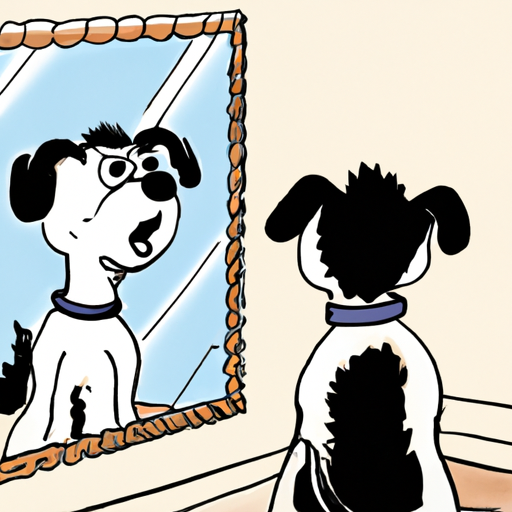Recognizing the Signs of Puberty in Your Dog
You may start noticing some changes in your puppy between 6 to 12 months of age. He may appear more muscular, his voice might deepen, and you might spot a few other subtle signs. Keep in mind that these changes may be gradual and are often easily missed.
- Changes in Behavior: Your puppy may become more aggressive or territorial. He may start marking his territory, which often includes urinating in the house.
- Physical Changes: You may notice that your dog’s testicles have become larger and more noticeable. Also, his body shape might start changing, becoming more muscular and grown-up looking.
- Increased Interest in Females: When a male dog hits puberty, he will start showing a keen interest in female dogs. You may see your dog sniffing or mounting other dogs.
Factors That Affect the Onset of Puberty
The age at which your dog hits puberty can be influenced by various factors, including:
- Breed: Larger breeds tend to mature slower than smaller ones.
- Nutrition: A healthy diet can help your dog reach puberty at the right time.
- Health: Any underlying health issues can delay the onset of puberty.
| Breed Size | Average Age at Puberty |
|---|---|
| Small | 6-9 months |
| Medium | 9-12 months |
| Large | 12-15 months |
| Giant | 15-24 months |
How to Handle Your Dog’s Puberty
Handling your dog’s puberty may be a bit challenging. Here are some tips to help you through this phase:
- Neutering: Neutering your dog can help control some of the aggressive behaviors associated with puberty.
- Training: Keep up with your dog’s training during this phase to ensure he remains well-behaved.
- Patience: Remember, this phase is temporary and your dog needs your understanding and support.
Preparing for The Future
Understanding your pup’s puberty is key to preparing for the future. As they mature, their needs may change and you might have to make adjustments to their diet, exercise routine, and overall care. Remember:
- Your dog’s diet will need to change from puppy food to adult food.
- Your dog will require more exercise to burn off excess energy.
- Regular check-ups at the vet are crucial to ensure your dog’s overall health.
FAQ
Q: Is it normal for my dog to act out during puberty?
A: Yes, it’s common for dogs to exhibit behavioral changes during puberty.
Q: Can I prevent my dog from going through puberty?
A: No, puberty is a natural and crucial part of a dog’s life cycle.
Q: When should I switch my dog’s diet from puppy to adult food?
A: Generally, you should switch your dog’s diet when he reaches 80-90% of his expected adult weight.
Q: How long does puberty last in dogs?
A: Puberty in dogs typically lasts for six months but can vary depending on the breed.
Remember, being patient and compassionate during your dog’s puberty phase will make the process easier for both of you.



